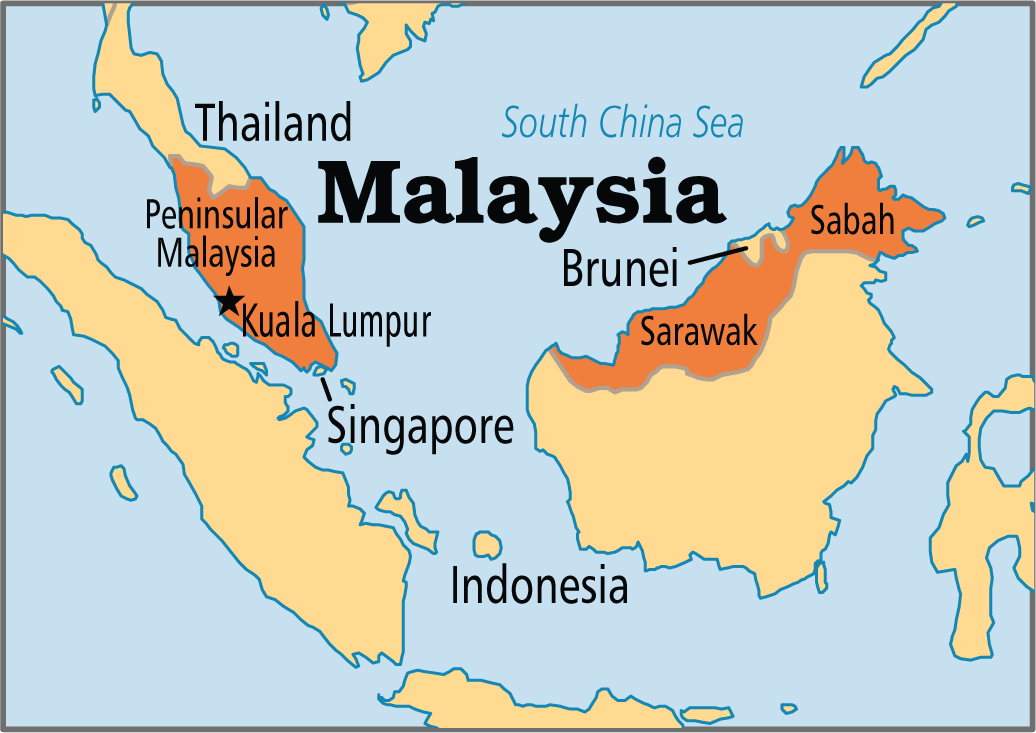Rapid Fire
Rapid Fire Current Affairs
- 16 May 2023
- 7 min read
Malaysia Proposes Decriminalizing Small Amounts of Drugs
Malaysia is taking steps towards criminal justice reform by proposing a law to decriminalize the possession and use of small amounts of illicit drugs, according to the country's Home Affairs Minister. Under the proposed law, individuals found with small quantities of illegal substances will not face prosecution but will be directed to drug rehabilitation centers for treatment instead. The move aims to address prison overcrowding and follows recent reforms implemented by the Government. These reforms included abolishing the mandatory death penalty and natural-life prison terms, as well as expressing the intention to decriminalize suicide attempts. Currently, Malaysia, like many of its Southeast Asian neighbors, imposes severe penalties for drug-related offenses, including the death penalty for drug trafficking. However, the recent reforms give judges the discretion to decide whether or not to impose this sentence.
Malaysia is known as a significant transit point for illegal narcotics, and in 2022 alone, the police arrested nearly 29,000 individuals for various drug offenses, with a majority of them being addicts.
Read more: India's Push to Eradicate Drugs
Gharial
After a three-decade absence, a Gharial, unique crocodilian species native to the Indian subcontinent, has been spotted in Pakistan's Punjab province. The sighting could potentially be linked to a population reintroduced in 2017 on the Pakistani side of the Radcliffe Line. Experts suggested that the gharial may have come from India during floods and settled in the Satluj river, near the border, where it is believed that around 10 individuals reside. The Harike wetland, located 50 km from the border, is where the Beas and Satluj rivers meet, and it served as the release site for 94 gharials under a conservation program initiated by the Punjab government in India between 2017 and 2021.
Gharials are a species of crocodilian found in the fresh waters of the northern part of India, primarily in the Chambal River. They are known for their long, thin snouts. Gharials are listed as critically endangered on the IUCN Red List and are included on Appendix I of CITES and Schedule I of the Wild Life (Protection) Act, 1972. They are also important indicators of clean river water. The main threats to their survival are river pollution, dam construction, fishing operations, floods, illegal sand mining, and poaching. Conservation efforts, such as the Kukrail Gharial Rehabilitation Centre in Lucknow and the National Chambal Sanctuary, are in place to protect the species and their habitats.
Read more: Gharials
Director of the Central Bureau of Investigation
Karnataka Director General of Police (DGP) Praveen Sood has been appointed as the new Director of the Central Bureau of Investigation (CBI), according to a Department of Personnel and Training (DoPT) order. The appointment order specified a two-year tenure.
The Director of the CBI is appointed under the Delhi Special Police Establishment Act of 1946. The Director is responsible for the administration of the organization and has the security of a two-year tenure in the office, as provided by the Central Vigilance Commission Act of 2003. The appointment of the Director is made by the Central Government on the recommendation of a three-member committee consisting of the Prime Minister as the chairperson, the Leader of Opposition in the Lok Sabha, and the Chief Justice of India or Judge of the Supreme Court nominated by him. In 2014, the Delhi Special Police Establishment (Amendment) Act modified the composition of the committee to include the leader of the single largest opposition party in the Lok Sabha when there is no recognized leader of the opposition.
Read more: Central Bureau of Investigation (CBI)
Model Code of Conduct Violation
The recently concluded Karnataka Assembly elections witnessed potential violations of the model code of conduct, specifically in relation to Sections 171(E) and 171(F) of the Indian Penal Code. These sections pertain to "bribery" and "undue influence or personation in an election," respectively. If found guilty under these sections, a candidate can be disqualified under the Representation of the People Act, 1951.
Section 171(E) deals with the punishment for bribery, highlighting the gravity of such actions. In an election, bribery undermines the principles of fairness and equality, as it seeks to influence the outcome by unlawful means.
Additionally, Section 171(F) addresses undue influence or personation in an election. This provision prohibits any attempt to unlawfully influence voters or impersonate another individual with the intent of influencing their voting decision. Violations of this nature undermine the democratic process and erode public trust in the electoral system.
The enforcement of these sections, in conjunction with the model code of conduct, is crucial to ensuring the sanctity of elections. They serve as deterrents against unethical practices and strive to maintain a level playing field for all candidates.
It is imperative for the Election Commission to thoroughly investigate allegations of violations and take appropriate action in accordance with the law. Timely and transparent actions, including disqualification of candidates, if necessary, would serve as a strong message to discourage similar misconduct in the future.
Read more: Model Code of Conduct , ELECTION COMMISSION OF INDIA








